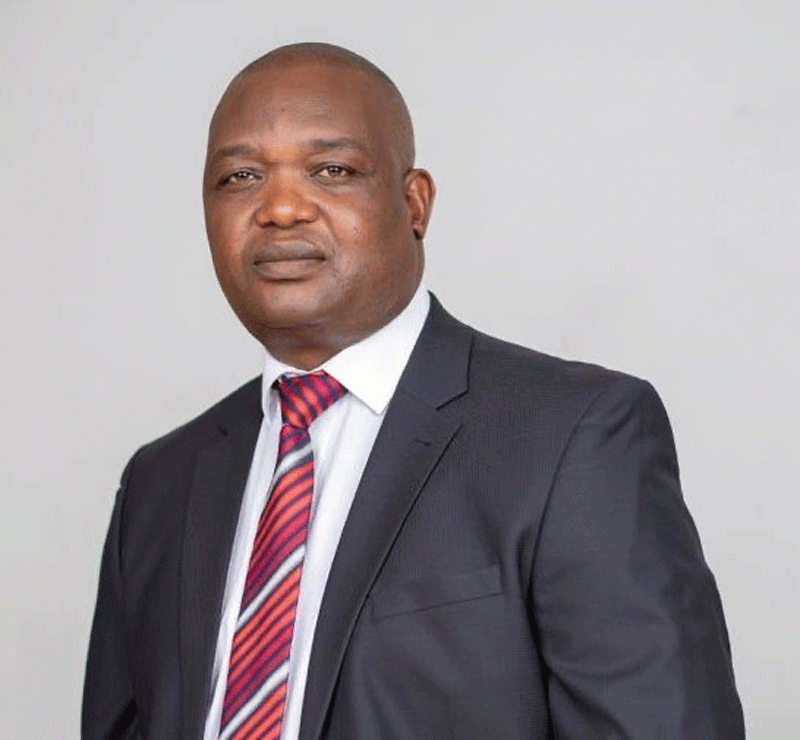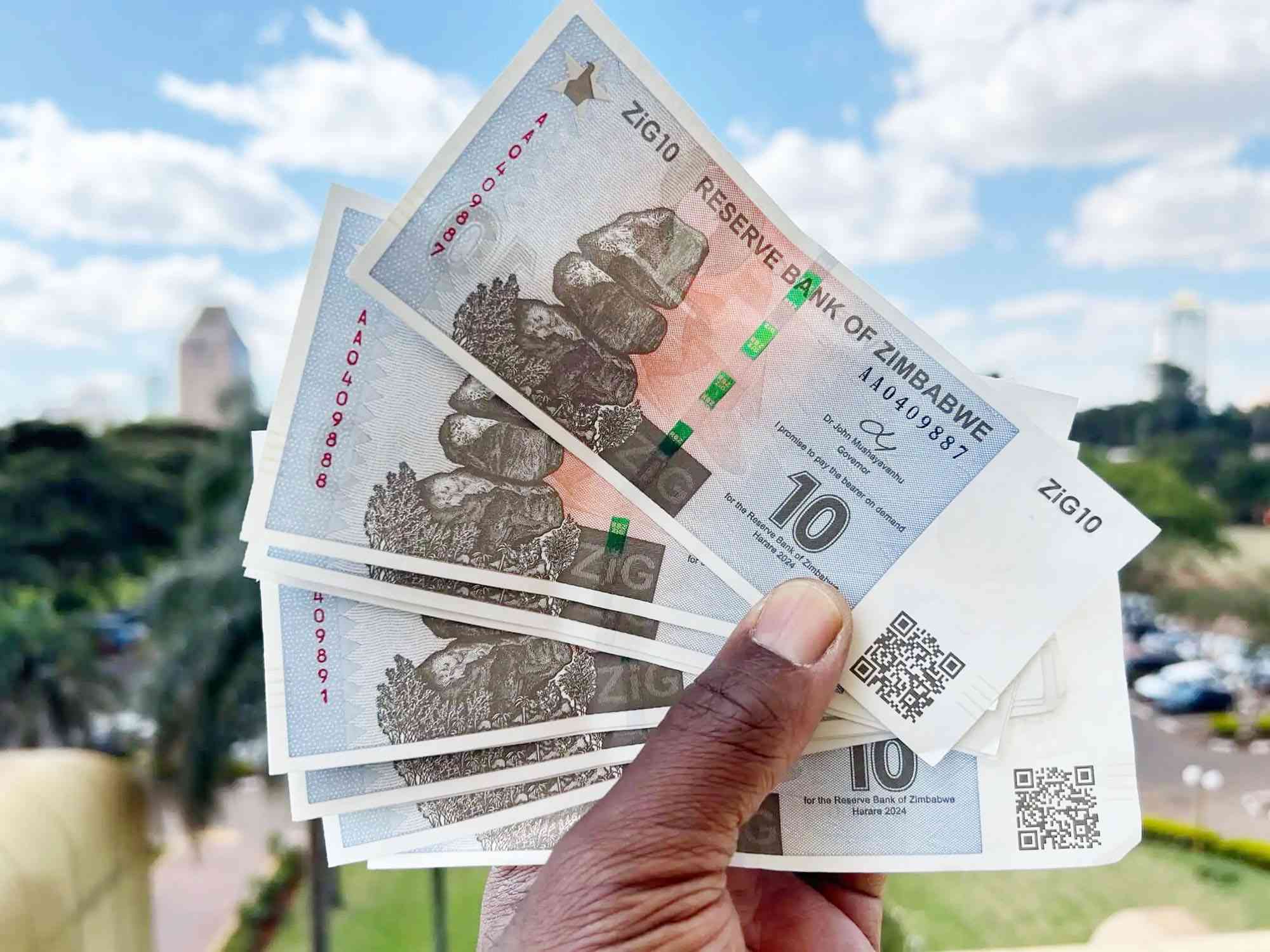
RECENTLY, the Employers’ Confederation of Zimbabwe (Emcoz) held its 42nd congress in Victoria Falls, where industry leaders discussed sector challenges, including foreign currency shortages, volatile exchange rates and local currency depreciation against the US dollar. Our senior business reporter Melody Chikono (MC) spoke with Emcoz president Demos Mbauya (DM) about these issues. Below are the excerpts of the Interview:
MC: How can the informal sector be better defined and understood in the context of economic policy?
DM: We think that there is an opportunity for governments to re-look at the whole model. We understand the objective is to expand the fiscal network to cover the informal sector. However, there is an opportunity to re-look at the whole informal sector. Firstly, we need to start by understanding what we mean and how we define the informal sector.
The majority of businesses that we call informal sector in Zimbabwe are small and medium enterprises (SMEs) and micro-enterprises that have got a formal licence of one form or the other. For example, all the shops operating in the central business district have got shop licences. So, how do you call a business that has got a shop license informal?
They may not be paying tax. All the transport operators, the majority of them, have got an operator licence. So, they are formally registered as transport operators.
MC: What should be done?
DM: So, we need to differentiate what you call informality and compliance. What we have in Zimbabwe, the majority of the micro-enterprises and SMEs, are not compliant. They are not informal. In that regard, it presents an opportunity for Minister of Finance (Mthuli Ncube), working with business to see how we can create compliance or enforce compliance in the SMEs and the micro-enterprises, so that we can then work with the presumptive tax instead of putting the burden on formal businesses to collect tax in their supply chain or their value chain. So, that is an opportunity in the informal sector. We think if it is done properly, it can widen the tax base and increase fiscal revenue for governments.
MC: Have you engaged the government over the sugar tax, which was deemed too high?
- Zimbabwe needs to rethink economic policies
- Zimbabwe needs to rethink economic policies
- Forex demand continues to fall
- Digital platforms transfer ZW$8tn
Keep Reading
DM: We have been having good engagements with the Minister of Finance on the sugar tax. We are very hopeful that as we go into the 2025 budget, some of the inputs and presentations that we have put will be taken into account. We now have almost a year of experience with the sugar tax in terms of what is the impact, what has been collected. We are making representations that we think will be considered.
MC: How much has been collected from sugar tax so far?
DM: For the industry, we think the collections are US$25 million.
MC: What are your expectations for the 2025 national budget?
DM: I think the biggest issue is taxation. Most of the areas that we are focusing on are taxation. We think that the government can use taxation to boost industrial productivity, particularly realigning and rationalising some of the taxes that were introduced in the last budget.
MC: The Reserve Bank of Zimbabwe (RBZ) recently devalued the Zimbabwe Gold currency by 43%. How were you impacted by this as businesses?
DM: We all know that anyone who was holding local currency at the time when the devaluation took place, they must have lost an upward of 70% in terms of value.
So, in some of the industries that we participate in, if there are companies that were being owed by their customers, in terms of local currency, they must have lost 70% of the value of that. Remember, it happened soon after payment of wages and salaries.
Employees must also have lost an equivalent value even before they spent the money.
MC: How are you handling issues to do with bank charges?
DM: Bank charges are a significant cost in our value chain and I think business is on record engaging with the Ministry of Finance in terms of rationalising bank charges, particularly also the IMTT [intermediated money transfer tax]. I think that it is a double taxation and it must be rationalised.
MC: What are the prospects for your engagement?
DM: We are always hopeful. We understand that the government is under pressure to raise fiscal revenue for critical public goods and services, but we need to make sure that businesses are viable.
MC: You spoke about the Occupational and Health Bill promulgation in your presentation. What does it seek to achieve?
DM: We are simply aligning it to international labour organisation standards.
MC: What are your concerns as employers regarding pensions?
DM: I think the issue of pensions is the elephant in the room. This will be the second or third time that pensions are being eroded through devaluation or depreciation. As employers, we have always been cognisant of the fact that it is important for us to prepare our employees as they retire and, therefore, most pension contributions, you find that there is an employer contribution and an employee contribution.
What is happening after that investment in pensions, whenever there is devaluation, there is loss of value. It is something that now we need to discuss as social partners, to say, how do we, as we are formulating these policies within our policy environment, protect pension schemes.
MC: You indicated that some companies are on the brink of collapse due to shortage of forex yet the Central Bank is insisting money is available on the willing-buyer willing-seller (WBWS) platform?
DM: The feedback right across industries from our membership is that their strike rate is between 10 and 15%. When you apply for US$100 000, you are getting between US$10 000 and US$15 000, for example. It is consistent feedback from all our business across industries. We have also engaged the Ministry of Finance.
The uptake on WBWS is very low, which is very confusing to business. However, we think, as per the resolution from this meeting, that we need to sit down with the Ministry of Finance and actually do a case study, take one value chain, one company's ecosystem, and follow through the applications, the strike rate, so that we have got empirical evidence.
We cannot continue to argue that the foreign currency is available, yet companies are saying we are now on the brink of collapse, because we are not accessing foreign currency for critical raw materials in space.
MC: How much are you looking for?
DM: To be honest, we will have to compute it because, over the months, businesses were turned away because it is not functional.
MC: Do banks offer loans?
DM: It is a fact that in the last quarter, there has been a liquidity crisis in this country.
Banks have not been extending loans as they were doing previously. There has been a liquidity crunch on the United States dollar loans, and banks have not been forthcoming in terms of offering loans. The strike rate on loans could be around 30-40% as well.










